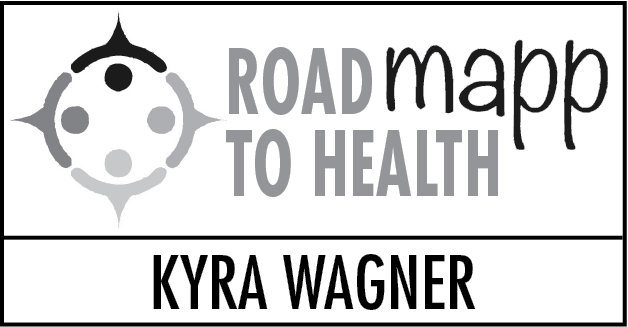Editor’s Note: MAPP, Mobilizing for Action through Planning & Partnerships, is a local coalition that aims to use and build upon our strengths to improve our individual, family and community health. Health is defined broadly to include cultural, economic, educational, environmental, mental, physical and spiritual health.
W
hat is it you love about your community? What are your impressions of what needs improvement? These might be the kind of questions we talk about around the table over coffee or a meal, maybe what we gripe about during break. Have you ever had conversations where you seemed to solve all the world’s problems? If only someone would bother to ask you? If only you were king for a day?
Seriously, how would someone ask you about what you think? We don’t exactly have community forums where people can just speak their mind. Do we?
I got involved with MAPP because I love the idea of identifying the needs of a community, everyone deciding to take on an issue, and then the whole community working toward a goal together. That is the kind of collaboration that will actually make a difference. That is the kind of social change that gets me out of the armchair and into action. Everyone is on board, everyone can do something in their own little way. This is how we shift an entire community in a positive direction.
I get excited just thinking about it.
But in order to do that you need to know what people think. You need to know what the issues are that everyone will be willing to address together. This is totally different than the old way of doing things where a few people say what they think is wrong, create a program to solve it and try and get everyone else’s buy-in.
Believe me, that old way is easier.
The reason this new way of collaborating is more difficult is that you have to know what people think before you start. You have to have everyone’s buy-in first. Never assume you have the answers, be open to hear what comes up.
When looking for issues that affect our community’s health, one could just look at statistics. Hospital admissions, income levels, degree level. That is important too, but that doesn’t tell you what people think. It is what we perceive as a problem that will worry us. It’s what we perceive as the solution that will motivate us.
Every three years MAPP conducts a community-wide survey. Data is collected including population statistics, but that only tells part of the story. Knowing that in 2010 the average median age on the Southern Kenai Peninsula was 41.1 years does little to help us identify bigger issues. That is why MAPP conducts a perceptions survey.
You are being asked what you think. And with no more questions than fit on one piece of paper.
Why do you choose to live here? What are the strengths of our community? We need to acknowledge this first so we know what we have to work with, what we should hold on to, what we need to value and maintain. This is a community-wide discussion, so say what you truly believe, make sure your thoughts are represented.
What needs to be improved? What stresses you out here? The feedback from the surveys from previous years have always been telling. One of the most interesting questions to me is the difference in people’s perceptions of what are community problems versus what are their own family problems.
When asked to rank the issues most affecting themselves and their families, the top response was “Economic Costs,” but when asked to rank the issues most affecting “the community,” the top response was “Substance Abuse.” If you are a real fact geek, you can see all the answers compiled into graphs and charts and lists on http://MAPPofSKP.net/ under “Reports.”
Since then our community looked at all the data as well as the community perceptions and identified family issues as the topic everyone could work on together as a community. If your family is strong and resilient, it can deal with economic problems better, avoid turning to substances for escape. It is all connected.
Since that round of data collection different coalitions and groups have formed around improving family wellbeing. Groups that were already going have been strengthened by their ability to tell funders that they are part of a community movement, everyone working in different ways on a collectively on a problem.
Now it’s time for another check in. How have your perceptions changed? What do you think we should do more of? Less of?
You can find these surveys all over town, in coffee shops and waiting rooms, the library and maybe even at your workplace. You can fill out a paper survey, you scan a QR code to get the survey online, you can go to the MAPP website for the online link, or you can go directly to the survey at https://www.surveymonkey.com/r/Perceptions_mappwebsite
Tell us what you think. Be king for a day.
Kyra Wagner is the coordinator of Sustainable Homer and a member of the MAPP steering committee.


